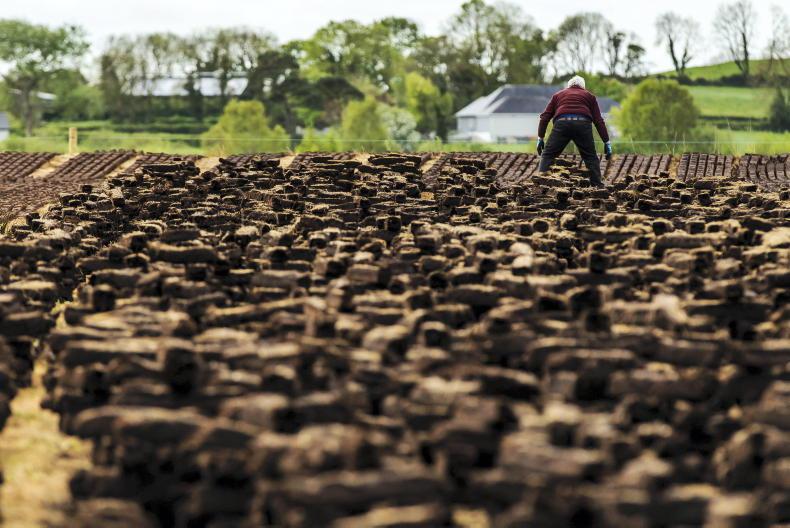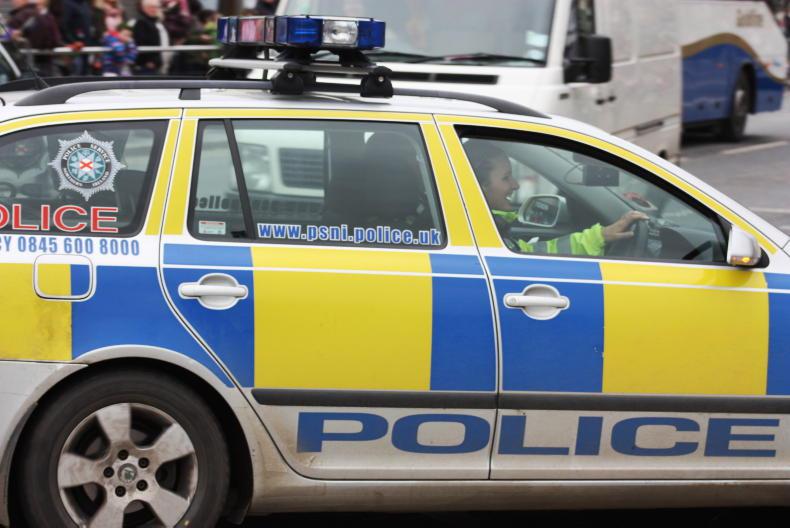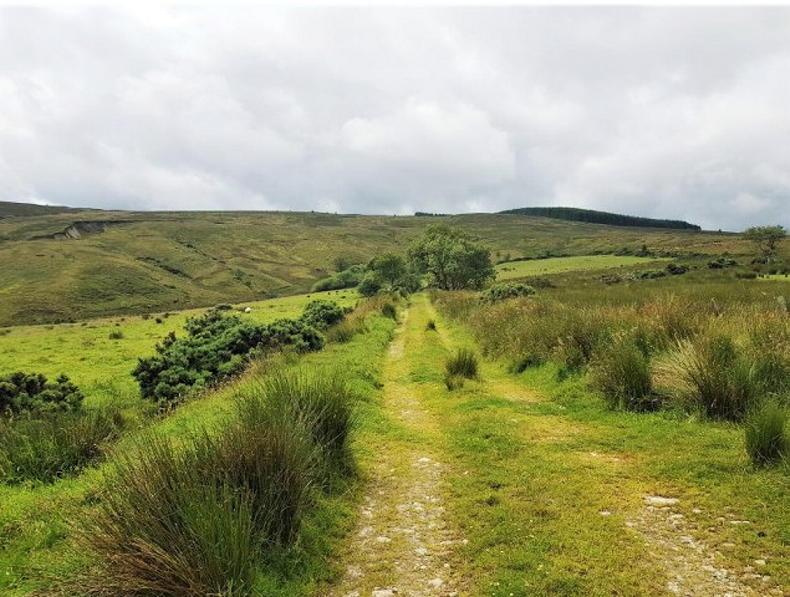As the country faces a high-risk fire warning, the National Parks and Wildlife Service (NPWS) has appealed to members of the public to be conscious of the dangers posed by fire.
The NPWS has looked for the public to exercise extreme caution, as recent similar hot weather conditions saw increased fire activity firmly associated with public recreation activities.
Members of the public intending to visit national parks and nature reserves are reminded to adhere to regulations regarding the lighting of fires.
It is an offence under the Wildlife Act 1976 to light any fire which causes or is likely to cause the burning of any vegetation within one mile (1.6km) of a woodland or nature reserve, and those doing so may face prosecution.
The use of barbecues or open fires is also strictly prohibited.
Emergency access
Vehicles must not be parked at site entrances or impede emergency vehicle access and may be towed away if causing an obstruction.
Minister of State for heritage and electoral reform Malcolm Noonan emphasised this key safety message: "The message is simple – be careful.
"Don’t light fires or barbecues, keep access roads clear for emergency services and, if you’re camping, let someone know where you’ll be. There is a high risk of fire right now. Be vigilant and keep yourself and the wild places we all love safe.”
The NPWS warned that fires are particularly destructive in spring and summer, as it is prime season for nesting birds, breeding mammals and the regeneration of growth.
"They can cause irreparable damage in our native woodland that can take centuries to recover. Any fires within our high conservation value designated Natura 2000 landscapes (SAC/SPA) have a long-lasting negative impact on biodiversity.
"These fires also add to our carbon emissions and global warming," NPWS said.
Helicopters
In order to reduce the incidence of wildfires, conservation rangers and other NPWS staff will be monitoring and patrolling the network of sites over the coming days and will remain in close liaison with gardaí and the fire service.
NPWS will provide aerial surveillance, which will involve NPWS staff monitoring from helicopters at some of the national parks in the coming days.
The NPWS would ask the public to co-operate with staff and comply with their requests during their visit to NPWS sites during this high risk period.








SHARING OPTIONS